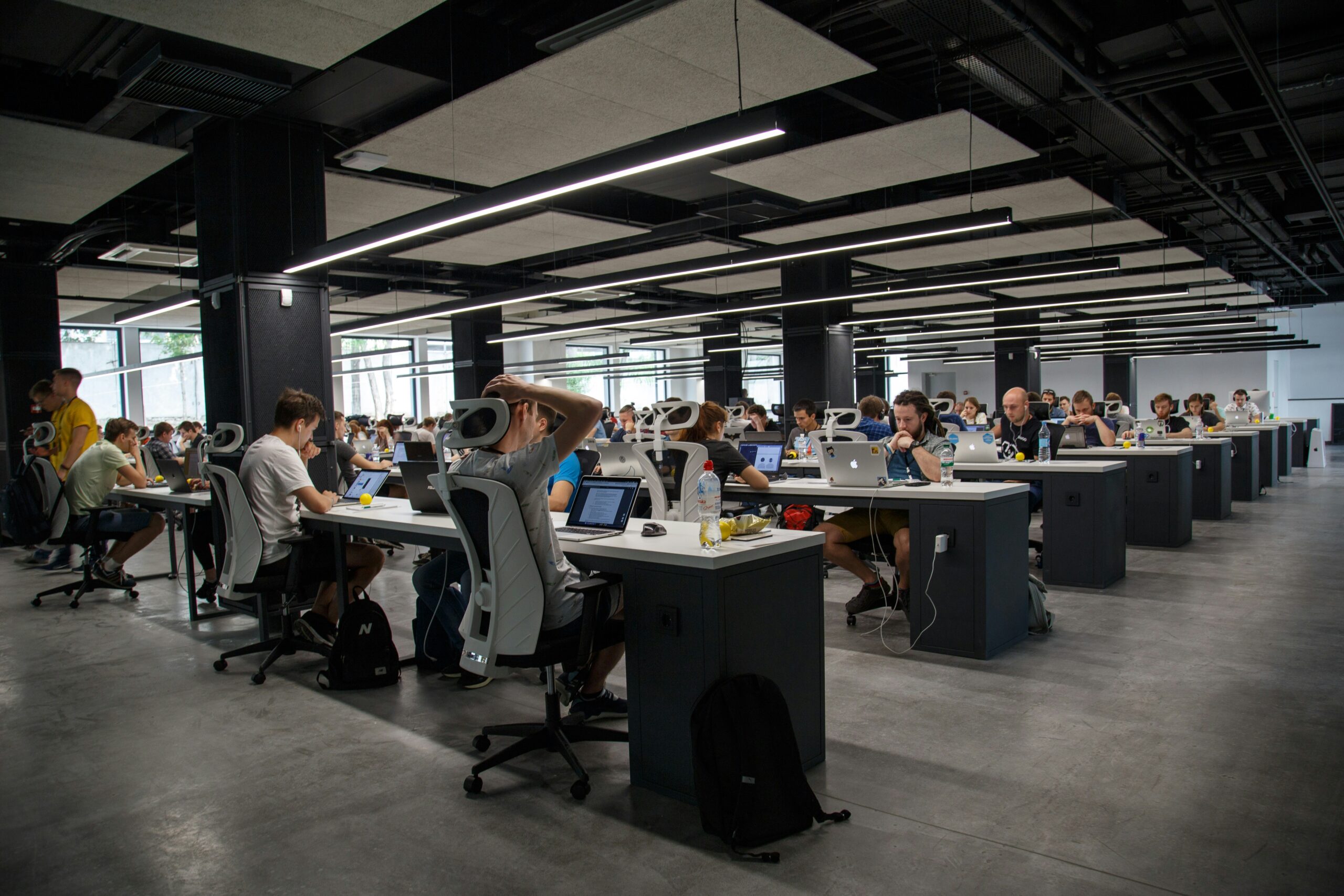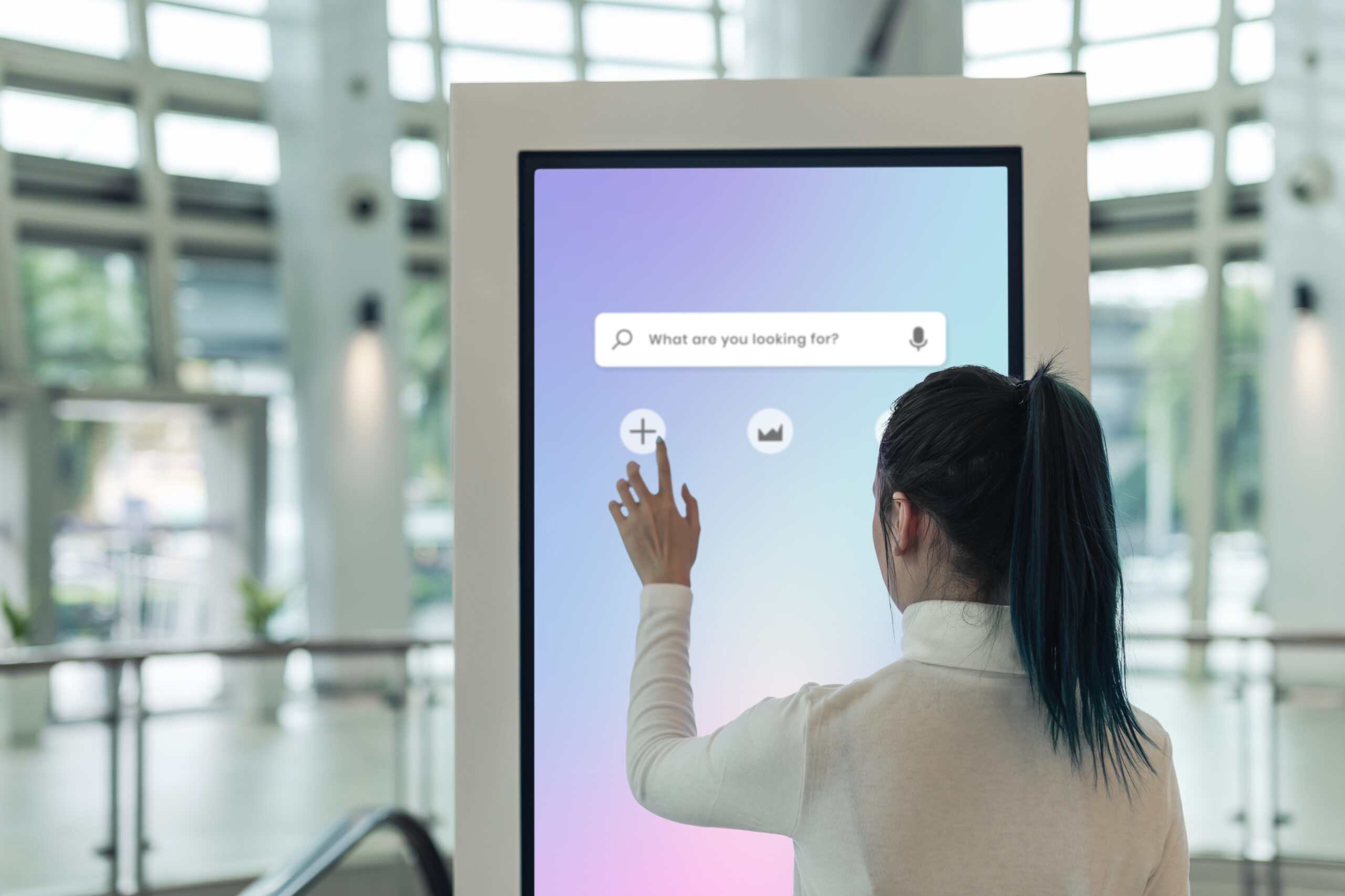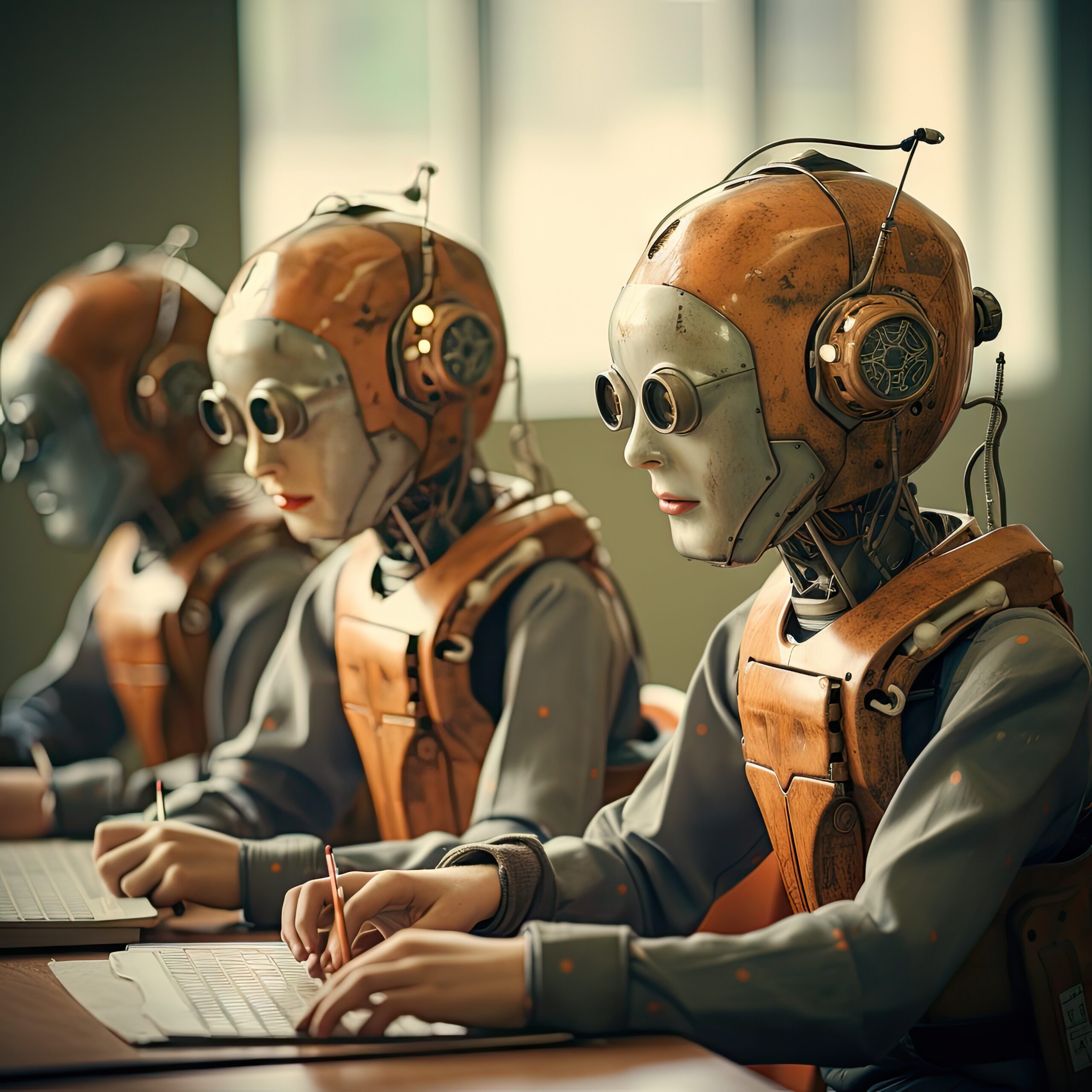Artificial Intelligence (AI) has moved from science fiction to everyday reality, transforming industries and reshaping the workforce. While automation and machine learning are enhancing productivity and efficiency, they are also challenging traditional job roles. This article explores how AI is redefining the modern workforce, the opportunities it presents, and the challenges it poses.
AI-Driven Transformation Across Industries
1. Automation of Routine Tasks
One of the most significant impacts of AI is the automation of repetitive and mundane tasks. From manufacturing to customer service, AI-driven robots and software can perform tasks faster and more accurately than humans. This AI-driven workforce transformation frees up employees to focus on more strategic and creative aspects of their roles.
2. Enhanced Decision-Making with Data Insights
AI algorithms can process massive amounts of data to derive insights that would take humans significantly more time to uncover. Industries like healthcare, finance, and marketing are leveraging AI-powered analytics to make data-driven decisions, improving accuracy and efficiency. Integrating AI into the workforce enhances productivity and innovation.
3. Personalization in Customer Interactions
In retail and e-commerce, AI is being used to deliver personalized experiences by analyzing customer behavior and preferences. Chatbots and virtual assistants also provide 24/7 support, enhancing customer satisfaction while reducing human workload. Leveraging AI for customer interactions boosts engagement and efficiency.
4. Collaborative Robots (Cobots)
Cobots are designed to work alongside human workers rather than replace them. In manufacturing, they assist in assembly lines, performing tasks that require precision, while humans handle more complex decision-making processes. Collaborative AI in the workforce fosters human-machine synergy.
Challenges of AI Integration
1. Job Displacement and Skill Gaps
While AI creates new job opportunities, it also displaces traditional roles. Workers need to acquire new skills to remain relevant. Upskilling and reskilling programs are essential to prepare the workforce for evolving demands driven by AI technologies.
2. Ethical and Privacy Concerns
AI systems often rely on vast amounts of data, raising concerns about data privacy and security. There is also the risk of bias in AI algorithms, leading to unfair or discriminatory outcomes. Ensuring ethical AI integration is vital to maintaining trust in an AI-driven workforce.
Adapting to the AI-Driven Workforce
To thrive in an AI-driven landscape, workers and companies must adapt proactively. Emphasizing creativity, problem-solving, and emotional intelligence will help humans complement AI capabilities rather than compete against them. Businesses should foster a culture of continuous learning and embrace human-AI collaboration.
Conclusion
AI is undeniably reshaping the modern workforce by automating routine tasks, enhancing decision-making, and introducing new collaborative technologies. While challenges remain, embracing AI as an enabler rather than a threat will allow individuals and organizations to thrive in the new digital economy.
What are your thoughts on AI’s impact on your industry? Share your perspective in the comments!




